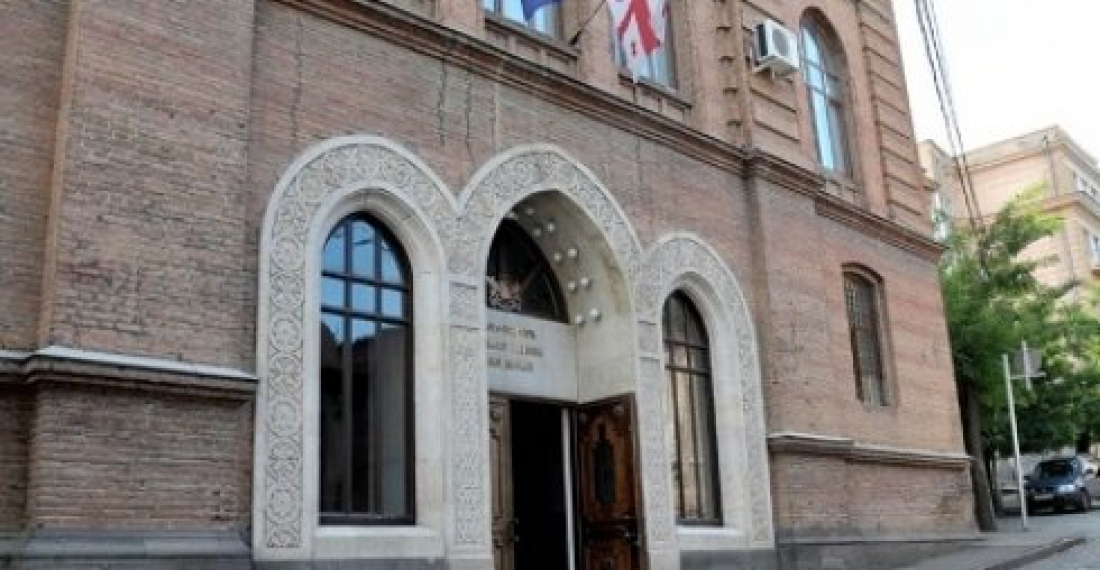Georgia on Thursday (29 March) expelled a Russian diplomat attached to the Russian Interest Section operating in Tbilisi under the auspices of the Swiss Embassy. Georgia broke off diplomatic relations with Russia in 2008 following Russian recognition of Abkhazia and South Ossetia. Russia retained a diplomatic presence in Tbilisi which works as part of the Swiss Embassy. Similarly, Georgia maintains a small diplomatic presence in Moscow working as part of the Swiss Embassy there.
The expulsion means that now Georgia has become the first South Caucasus country to join the diplomatic rebuff of Russia spearheaded by the US, the UK and the EU in retaliation for the chemical poison attack in the British town of Salisbury earlier this month. There has as yet been no indication that Armenia and Azerbaijan will take any measures.
Hundreds of Russian diplomats in dozens of countries have been expelled in the last ten days. On Thursday Russia started the process of retaliation, expelling sixty US diplomats and closing down the American Consulate in St Petersburg.
source: commonspace.eu
photo: Georgian Foreign Ministry, Tbilisi.






